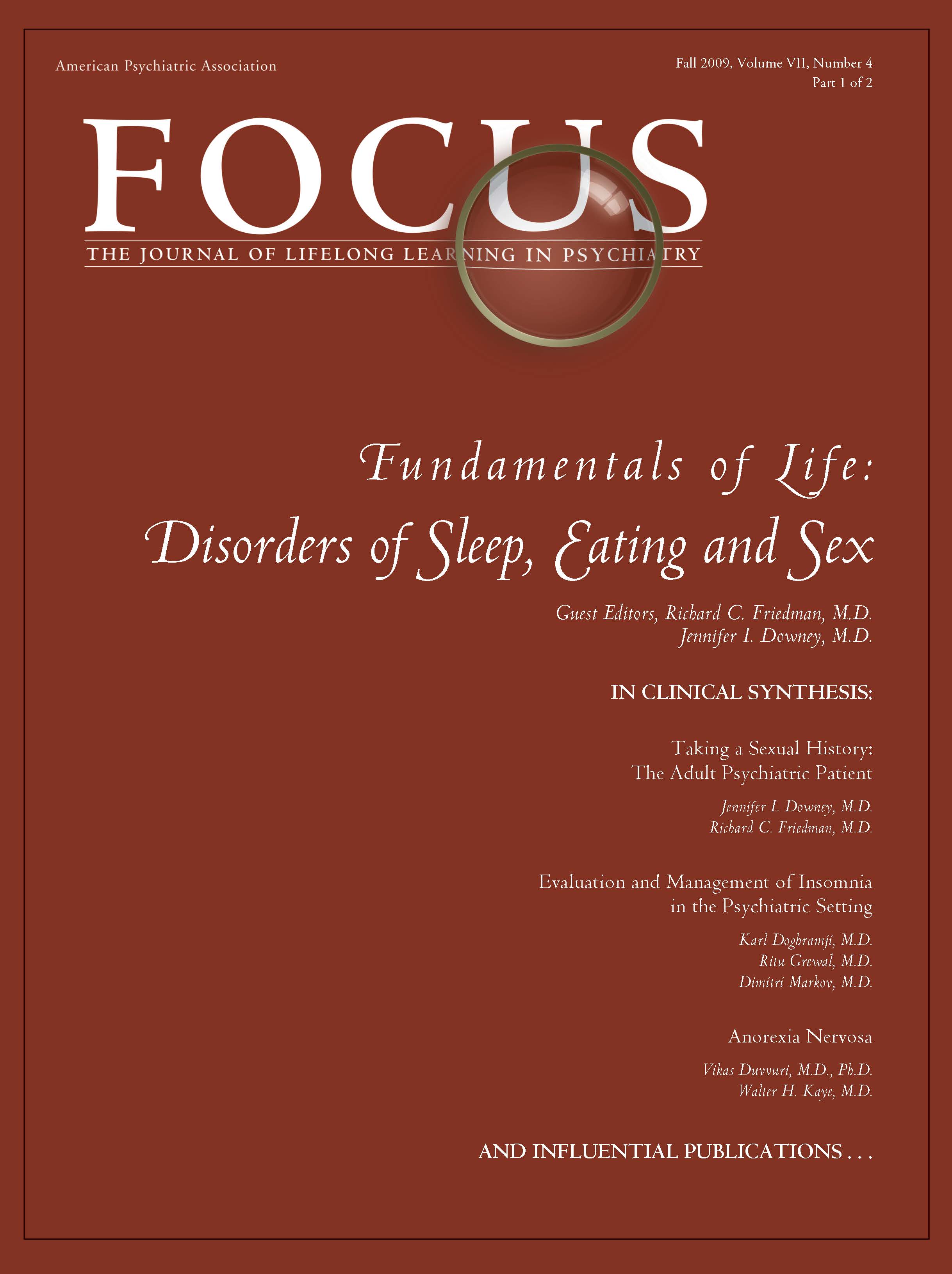My patient, a married man in his 40s is obsessively engaged in Internet pornography; his wife is distressed because he seems to prefer the Internet pornography to sexual relations with her, and the kids have found his pornography on the computer. He came to therapy, but seems uninterested in giving up his pursuit of pornography. How should I handle this?
This situation is a challenge. If you are not skillful, you will be perceived as the enemy, a person who is in alignment with the wife, who is the complainant but is not the patient; and then this visit will probably be your final visit with him. But if you decide not to enter into a struggle with him, this beginning could lead to something productive over time. Your skill will be demonstrated by your interest in his viewpoints, his explanations, and his motivations to continue regardless of his wife's distress.
Before you get into the heart of the sexual pattern and its many personal and interpersonal ramifications, I suggest that you simply ask him to tell you about himself apart from the pornography issue. “Who are you?” can be asked if you have a warm smile on your face: “Tell me enough about you so I will understand who I am talking to.” Most men are glad to share the answer and quickly feel better about the doctor. This introduction usually spontaneously leads to a discussion of the problematic sexual issue in his marriage and signals that you have begun on the right footing. If the patient does not speak of the problem, you can ask how he feels about being here and then ask about what is going on at home and with the pornography.
You should assume that the pornography does something good for him. Pornography, because it quickly induces arousal, has the capacity to help repetitive viewers to distract themselves from other current issues in their lives, such as relationship alienation, vocational inadequacy, procrastination, or sexual dysfunction. Many men who become heavy pornography users seem to have significant comorbid psychopathological conditions such as substance abuse, mood disorders, anxiety symptoms, paraphilia, or attention deficit disorder. We don't stress this with patients. We just have to know about it. Although clinicians see frequent viewing of pornography for long periods of time as “obsessive,” “compulsive,” “addictive,” or “dependent,” in our early relationship-building work with the patient, we want to be perceived as empathic and knowledgeable. Internet pornography use is quite prevalent. The border between problem-free and destructive use has yet to be clearly drawn. We want to understand the patient's views, and we want him to explain his wife's views to us. We want to be sure that he has a problem.
Some wives are strongly against pornography use and become deeply disturbed and feel betrayed when they discover their spouse's secret use of it. We want to define the conflict between them about whether the pornography use is a problem. Eventually, he may be able to acknowledge that all or some of his wife's views are cogent.
The problems that many call “sexual addiction” exist on a wide spectrum between spousal misunderstandings, men's secret sexual activities outside the marriage, and a destructive use of nonrelational sex that undermines the man's and his family's mental health. So the psychiatrist has to be able to relate well, listen well, and understand what he or she is being told. Keeping an open mind, asking relevant questions, and helping him to explain the reasons for his position will probably eventually enable him to describe his ambivalence. We do not assume that he only has positive views of his pornography use regardless of his initial surly hostile presentation.

